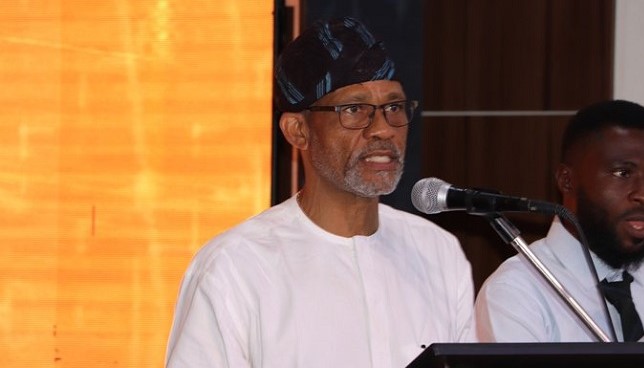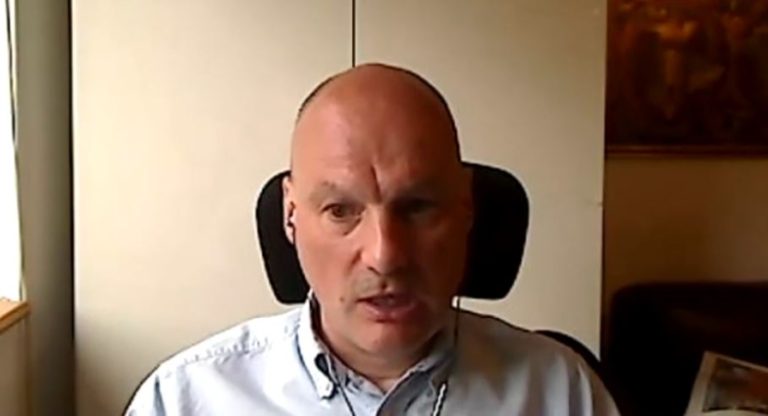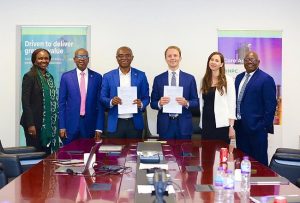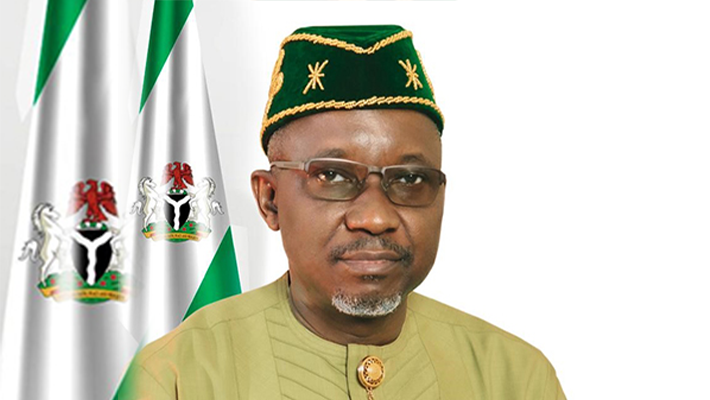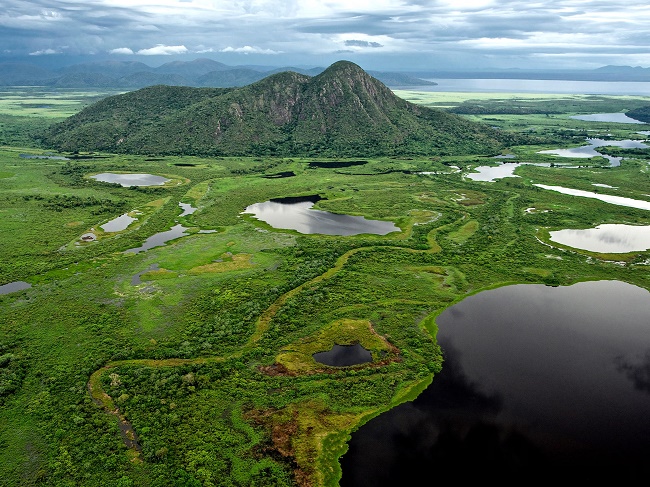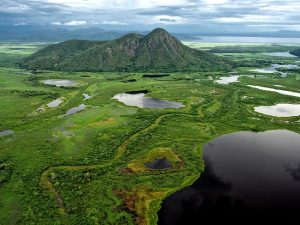Lagos State Government has issued a call for heightened vigilance and the adoption of precautionary measures to prevent the spread of a potential cholera outbreak in the state.
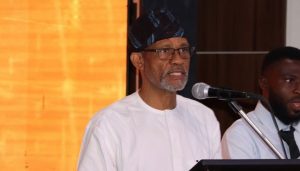
The call follows an excess of severe gastroenteritis cases reported in Lagos in the last 48 hours.
Speaking on the surveillance reports reaching his desk in the Ministry of Health, Lagos State Commissioner for Health, Prof. Akin Abayomi, disclosed that cases of severe gastroenteritis have been reported in communities around Eti Osa, Lagos Island, Ikorodu and Kosofe LGA, resulting in about 60 hospital admissions and sadly five deaths have been recorded mainly from patients presenting late with extreme dehydration.
“We have activated a statewide heightened surveillance and response. The Ministry of Health Directorate of Environmental Health and the Lagos State Environmental Protection Agency (LASEPA) have been alerted to investigate a possible water contamination source in the Lekki Victoria Island axis. We suspect a possible cholera outbreak; however, samples have been taken for confirmation. As of April 28, 2024, Nigeria reported 815 suspected cholera cases and 14 deaths across 25 states,” he said in a statement.
The Commissioner noted that, following recent rains, Lagos State has seen a notable increase in cases of severe vomiting and watery stools, adding that urban slums and crowded areas with poor sanitation are particularly at risk.
Prof. Akin Abayomi explained that cholera is a highly contagious disease that causes severe diarrhea and can be life-threatening, adding that it poses a significant health burden in areas with poor water treatment and sanitation, and could impact Lagos State.
“Cholera spreads through direct transmission by eating or drinking contaminated food or water, and indirect transmission due to poor sanitation and lack of handwashing. Symptoms of cholera include severe watery diarrhea, vomiting, rapid dehydration, muscle cramps, fever and sometimes collapse,” he said.
According to him, treatment options for cholera include rehydration using Oral Rehydration Salts (ORS) for mild to moderate dehydration. Intravenous Fluids is used for severely dehydrated patients given only in medical facilities and supervised by medical personnel.
“To prevent cholera, citizens are urged to ensure safe drinking water by boiling, chlorinating, or using bottled water, and avoiding ice products made from untreated water. Maintaining proper sanitation by using toilets, safely disposing of feces, and avoiding open defecation is crucial.
“Practicing good hygiene, such as washing hands with soap and clean water regularly, especially before eating, preparing food, and after using the toilet, is essential and following food safety guidelines,” the Commissioner advised.
He enjoined citizens to rely on the Lagos State Ministry of Health, the Nigeria Centre for Disease Control (NCDC), and accredited local health facilities for guidance, advice, and updates on prevention, treatment, and management. He added that suspected cases can be reported via the following emergency hotlines: 08023169485, 08137412348, or by using helplines 767 or 112.
While emphasising the importance of maintaining high standards of hygiene and taking proactive measures to prevent cholera outbreaks, Professor Abayomi promised to keep the public informed and restated the commitment of the Government of Mr Babajide Sanwo-Olu to ensuring the health and well-being of its citizens.
“We urge everyone to adopt these preventive measures and report any suspected cases promptly to safeguard our communities,” he stated.

